You’re cruising down the road, and as you step on the gas to accelerate, you suddenly hear a car popping noise when accelerating. Instead of enjoying a smooth ride, you’re left wondering what could be causing this unsettling sound.
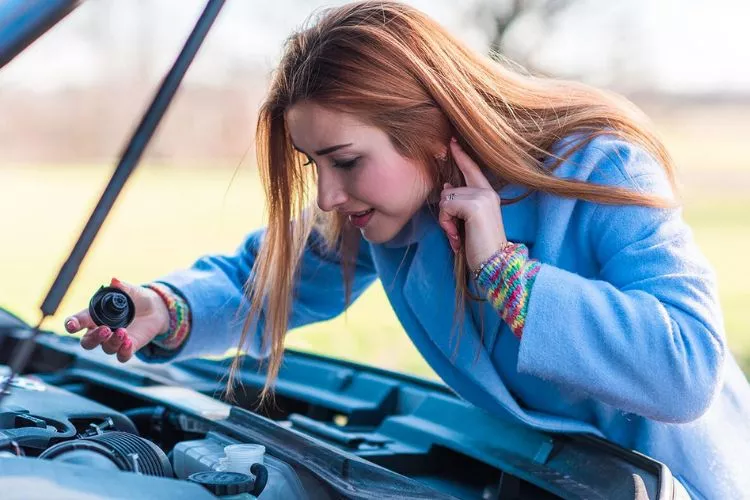
In this article, I will delve into the reasons behind car popping noises during acceleration, helping you identify the potential culprits and offering solutions to restore your vehicle’s harmony. So, buckle up and let’s get started on this automotive auditory adventure!
Table of Contents
Car Popping Noise When Accelerating: Causes and Solution
There are several potential causes for car popping noise during acceleration. Let’s take a closer look at some of the most common culprits:
1. Faulty Spark Plugs
One possible cause of popping noises during acceleration is faulty spark plugs. These small but crucial components ignite the air-fuel mixture in your engine. If they’re not functioning properly, it can lead to incomplete combustion and cause popping sounds. Signs of faulty spark plugs include:
- Poor fuel economy
- Difficulty starting the engine
- Engine misfires
- Reduced engine power
2. Damaged Exhaust System
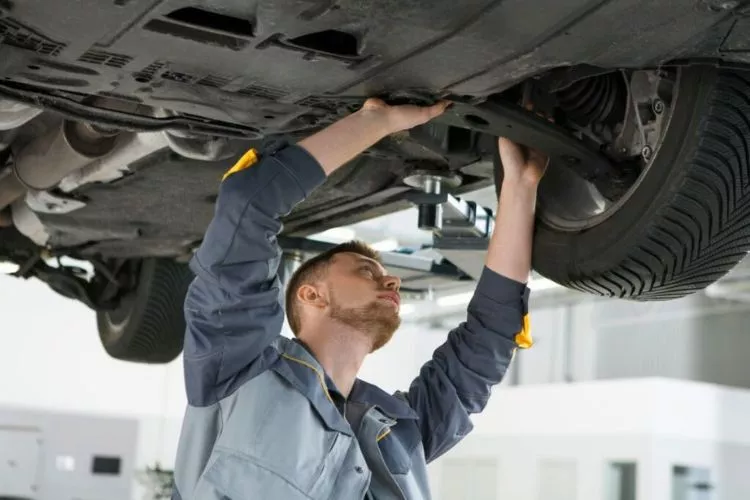
A damaged exhaust system is another common cause of car popping noise during acceleration. The exhaust system carries exhaust gases away from the engine and out the tailpipe. If there’s a leak or damage in the system, it can cause the exhaust gases to escape prematurely, creating a popping noise. Common signs of a damaged exhaust system include:
- Increased engine noise
- Decreased fuel efficiency
- A strong smell of exhaust fumes inside the car
- A rattling or vibrating sound when the engine is running
3. Other Possible Causes
- Loose or damaged belts: A loose or damaged belt can cause a popping noise as it slips or snaps during acceleration.
- Ignition timing issues: Incorrect ignition timing can cause incomplete combustion, leading to a popping noise.
- Fuel system problems: Issues with the fuel system, such as a clogged fuel filter or dirty fuel injectors, can cause the engine to run lean, resulting in a popping noise.
- Worn or damaged engine components: Worn or damaged engine components, such as valves or pistons, can also cause popping noises during acceleration.
Car Popping noise when accelerating: Solution
Now that we’ve identified the possible causes, let’s discuss the solutions to fix your car’s popping noise during acceleration.
Replacing Spark Plugs
If faulty spark plugs cause the issue, the solution is simple: replace them. This is a relatively easy and inexpensive fix, with most spark plugs costing between $10 and $20 each. For example, to replace the spark plugs:
- Locate the spark plugs in your engine (refer to your owner’s manual if needed).
- Disconnect the spark plug wires.
- Remove the old spark plugs using a spark plug socket and ratchet.
- Install the new spark plugs, ensuring they are properly gapped according to your vehicle’s specifications.
- Reconnect the spark plug wires.
Repairing or Replacing the Exhaust System
If the popping noise is due to a damaged exhaust system, you must repair or replace the affected components. Depending on the extent of the damage, this can be a more costly and complicated fix. Some common exhaust system repairs include:
- Patching small holes or leaks with exhaust tape or epoxy: This is a temporary solution for minor leaks and can be done at home.
- Replacing damaged or rusted exhaust pipes: This may require professional assistance, as it involves removing and replacing exhaust system sections.
- Replacing a damaged muffler or catalytic converter: This is a more complex repair that typically requires professional help, as these components are essential for proper emissions control and noise reduction.
Other Potential Solutions
- Tightening or replacing loose or damaged belts: Check them for wear and tension, and replace them if necessary.
- Adjusting ignition timing: Consult your vehicle’s service manual for instructions on adjusting the ignition timing.
- Cleaning or replacing fuel injectors: Dirty fuel injectors can be cleaned using specialized fuel injector cleaner or replaced if necessary.
- Inspecting and repairing worn or damaged engine components: Consult a professional mechanic for a thorough inspection and diagnosis of any worn or damaged engine components.
Why is my car popping under the hood?
There are several reasons why your car may be making popping noises under the hood. Some of the possible causes include:
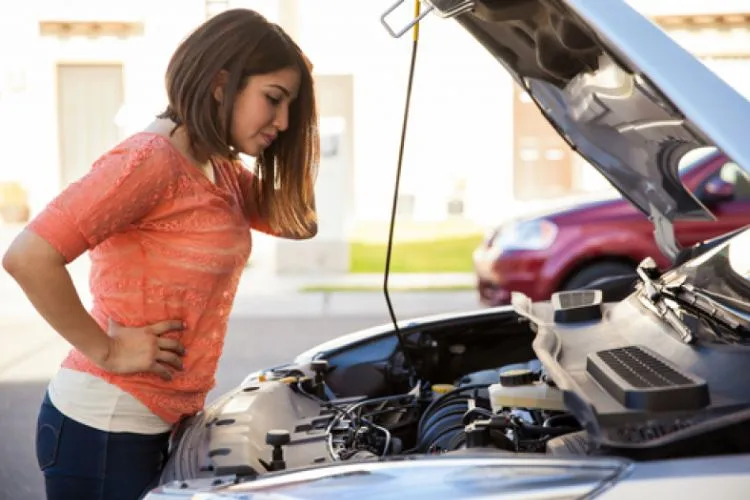
- Issues with spark plugs or spark plug wires: Faulty spark plugs or damaged wires can cause popping sounds under the hood.
- Overheating: If your vehicle is running too hot or has been subjected to extreme temperatures, it can cause components to expand and contract rapidly, resulting in pops and bangs under the hood.
- Loose connections: Loose connectors on wires or other components can be another source of loud popping noises.
- Problems with the fuel system: A bad oxygen sensor, mass air flow sensor, manifold pressure sensor, throttle position sensor, a stuck-open exhaust gas recirculation (EGR) valve, or an engine vacuum leak can cause a lean running engine, which can lead to backfires and popping noises under the hood.
To diagnose and fix the problem, it’s essential to inspect your spark plugs, check for overheating, examine any loose connections, and assess the fuel system for any issues. If the problem persists, it’s best to consult a professional mechanic for a thorough inspection and diagnosis.
Why does my car make a popping sound when I drive slow?
Popping sounds when driving slowly can be caused by various factors. Some of the possible reasons include:
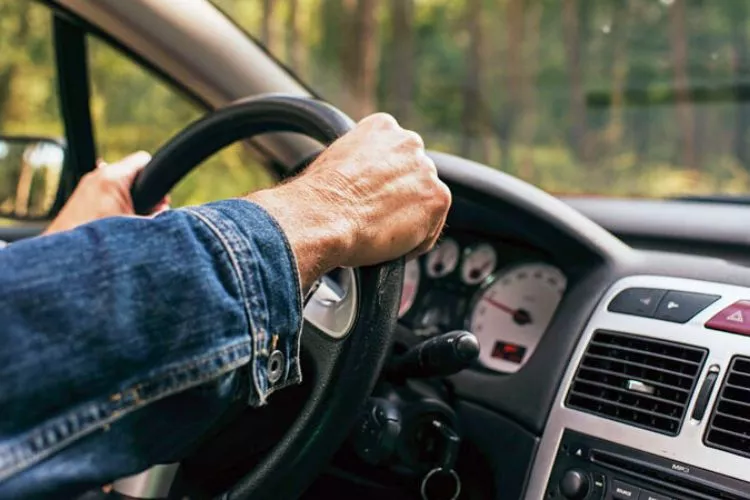
- Damaged constant velocity joint: A damaged CV joint can cause clicking or popping sounds, especially when turning the steering wheel.
- Worn or damaged struts: Worn struts can cause noises when driving slowly or going over bumps.
- Loose or broken hubcaps: If hubcaps are not properly secured, they can create popping sounds when driving at slow speeds.
- Worn drive belt or drive belt tensioner: A worn or loose drive belt can cause popping noises when driving slowly.
- Tires of the wrong size or worn with cupping: Improperly sized or worn tires can cause noises when driving at slow speeds.
- Loose suspension components: Loose or damaged suspension components can cause popping sounds when driving slowly.
To diagnose and fix the problem, inspecting the CV joint, struts, hubcaps, drive belt, tires, and suspension components is essential. If the problem persists, it’s best to consult a professional mechanic for a thorough inspection and diagnosis.
Popping noise from front end when accelerating
Popping noise from the front end when accelerating can be caused by various factors. Some of the possible reasons include:
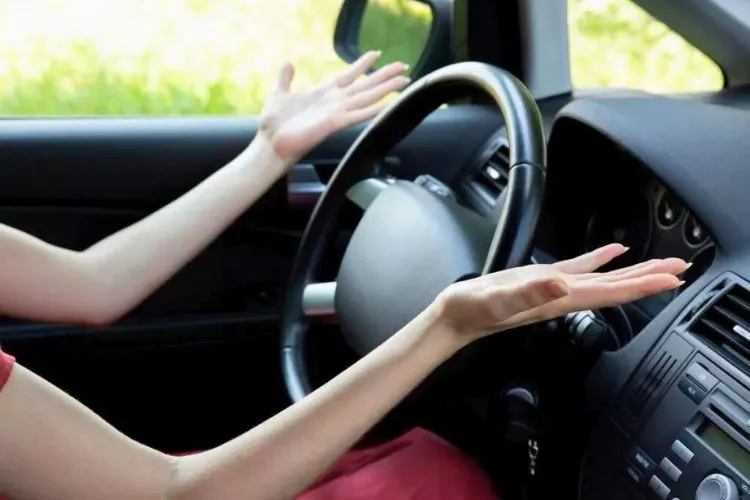
Damaged CV joint: If your car makes a popping noise when turning and accelerating, it could mean a CV joint is damaged. The Constant Velocity joints work as the vehicle’s steering system. The joints are right at the end of the front axle and allow it to be flexible to run the wheels and suspensions.
Worn or damaged suspension components: While there are many possible causes of a rattling noise when accelerating, some common issues include damaged or worn-out suspension components such as ball joints, shock absorbers, and tie rods. If these components begin to wear out, they can cause the car to make strange noises which may become more pronounced during acceleration.
To diagnose and fix the problem, inspecting the CV joint and suspension components is essential. If the problem persists, it’s best to consult a professional mechanic for a thorough inspection and diagnosis.
You May Also Find Useful: Car Wobbles When Hitting Bumps
Conclusion
Car popping noises during acceleration can be both bothersome and concerning for drivers. However, you can effectively diagnose and address the issue by understanding the potential causes such as faulty spark plugs, damaged exhaust systems, loose belts, ignition timing issues, and fuel system problems.
Regular maintenance, timely repairs, and proper attention to your vehicle’s performance can help prevent these noises and ensure a smooth, enjoyable driving experience.
If you’re unsure about any steps or if the problem persists, don’t hesitate to consult a professional mechanic for a thorough inspection and diagnosis. With the right knowledge and care, you can keep your vehicle running smoothly without annoying popping sounds.
